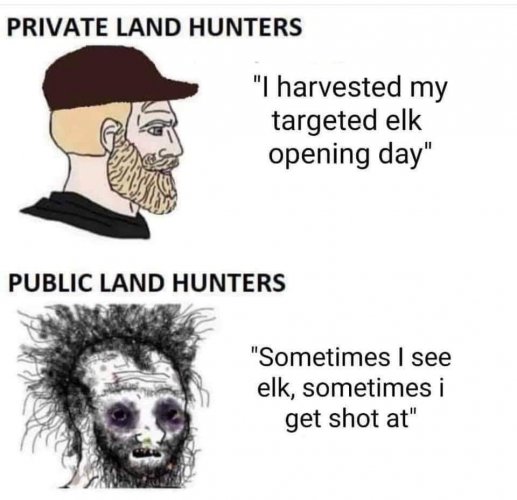
FWP to draft elk plan after elk season changes
FWP administrator Ken McDonald said the department was still developing an elk plan, and he anticipated a draft plan would be out by this fall. The previous elk plan was published in 2005 and uses elk population objectives – manmade numbers based on habitat and public tolerance - to guide what...
 missoulacurrent.com
missoulacurrent.com
A quote from this article is something you will hear the Director repeat a few times on the podcast.
“The role of the department is wildlife manager. Our role is to provide the best scientific information to the decision-makers and the decision-makers are the trustees. They are voted in by the public. The public then brings the social issues forward,” Worsech told the EQC. “The commission makes the decisions, not the department, to decide the social issues. It is the commission. That’s the way I see it and that’s what we’re doing under this plan.”





